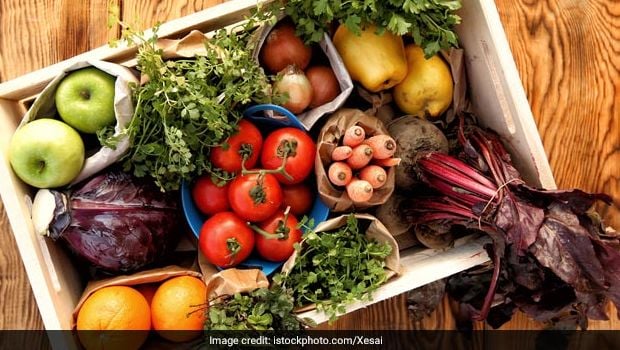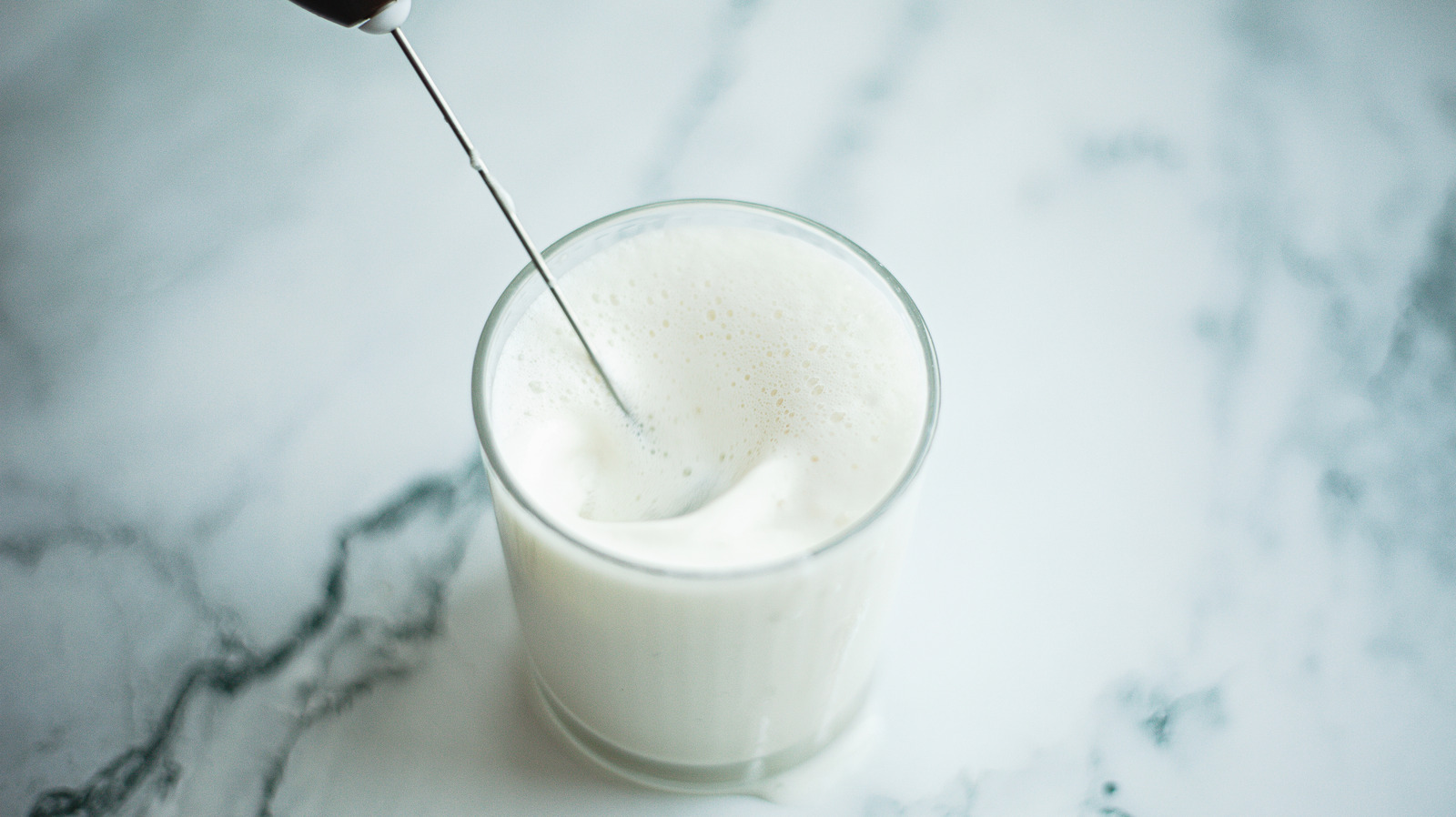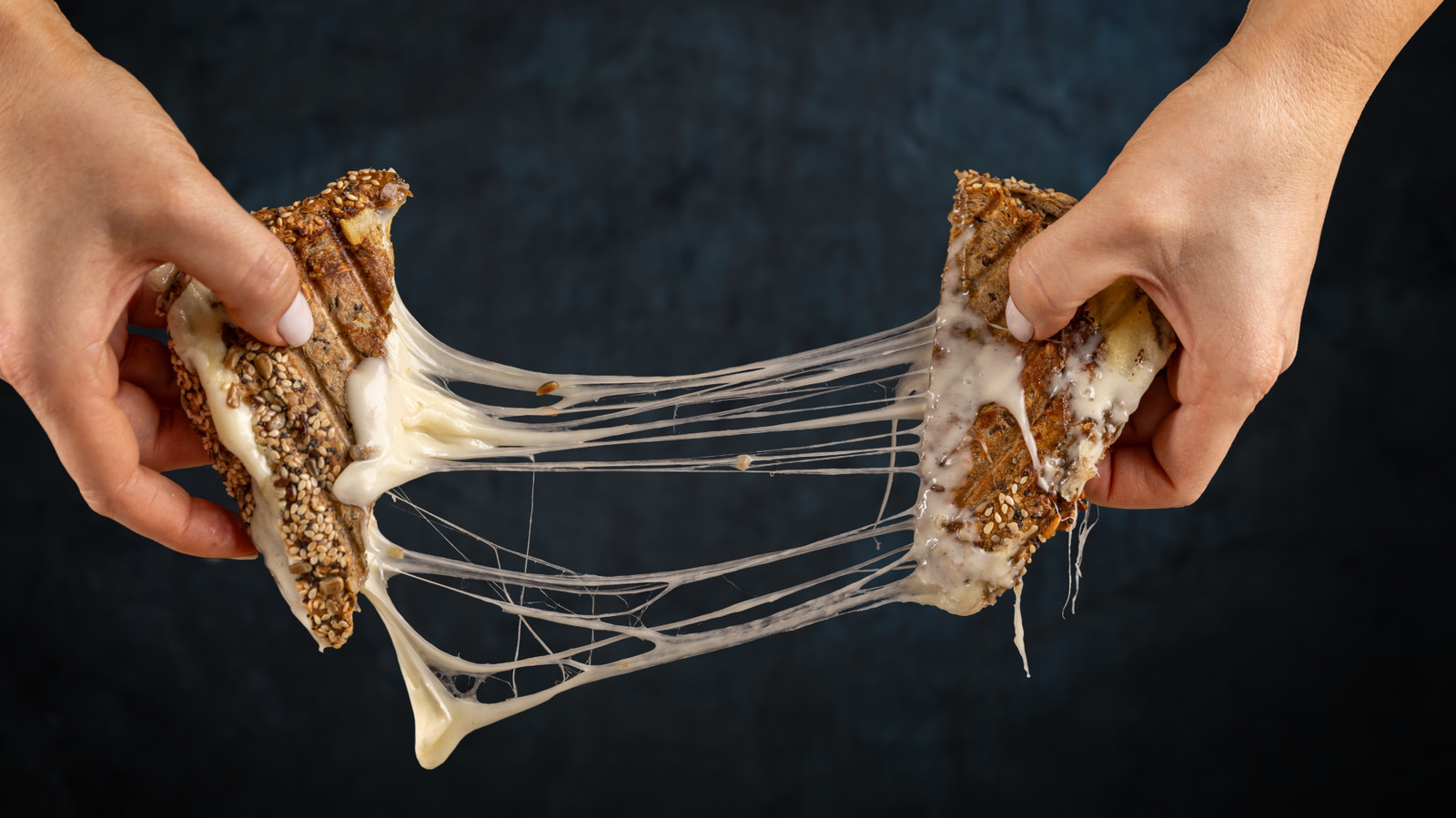Navratri is known to be one of the biggest Hindu festivals, which also marks the beginning of a string of festivities including Dussehra and Diwali. With this, the devotees of Goddess Durga have started their nine-day Navratri fasting ritual as well. While some devotees may observe a fast for all nine days or choose to keep it in pairs- either on the first and the last day or the last two days.
There are certain fasting dos and don'ts that people are required to follow when it comes to their daily diet. For instance, you can include vrat ingredients like samak ke chawal, singhare ka atta, kuttu ka atta , fruits, and some vegetables in your diet during fasting. However, a lot of us may be confused about what kind of vegetables can be consumed during the fast and the ones that should be avoided.
While it may depend on the rituals and fasting practices followed by different households and regions, there are some vegetables that are strictly avoided during the Navratri fast . What vegetables should be avoided and which ones can you consume during these fasts? We have all the answers for you. Potatoes are most commonly used during fasting meals, but what about other vegetables like tomatoes, spinach, cucumber and carrots? According to Chef Manjusha Sinha, "One is allowed to eat bottle gourd or lauki , yellow pumpkin, arbi , potato, cucumber, colocasia and sweet potato or shakarkand .
Basically, one can consume any root vegetable or tubers during these fasts." We also asked Culinar.











:upscale()/2024/12/23/986/n/1922441/ae269e286769e6f5b332b2.08351138_.jpg)







